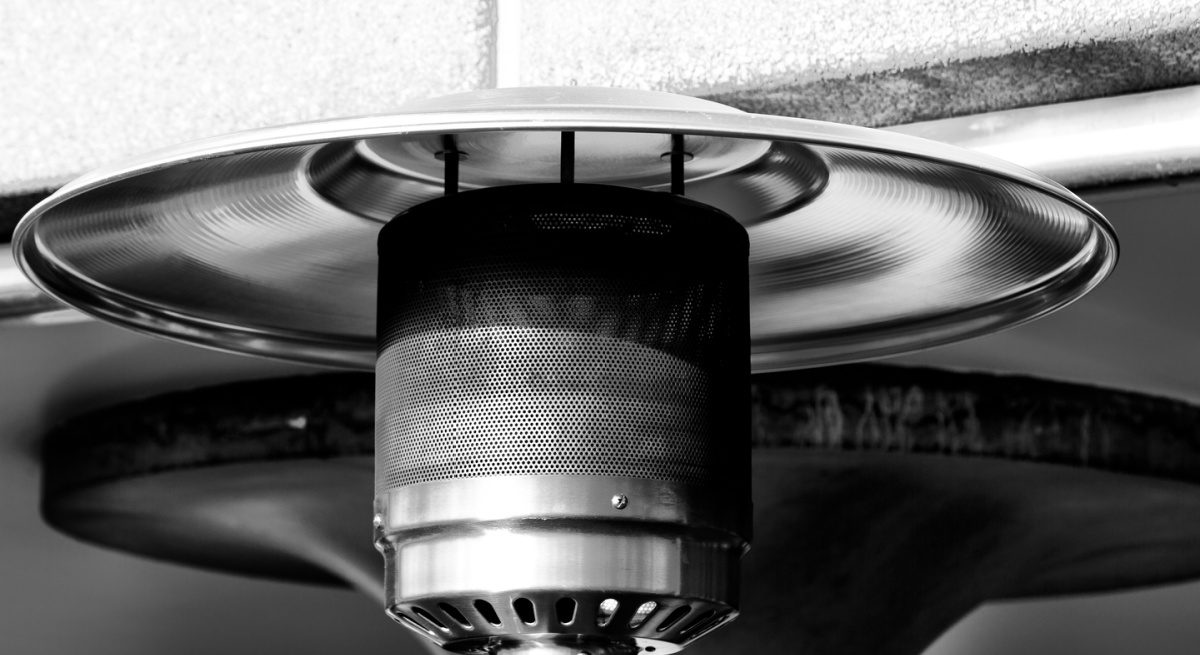Best Practices for Portable Heater Safety
2 Min Read
The demand for outdoor patio heaters has increased significantly since the onset of the pandemic—and this trend is expected to continue. Because propane is a leading fuel choice for outdoor heating products, the Propane Education & Research Council (PERC) created a portable heater safety fact sheet to educate consumers and keep them safe during the colder months.
Outdoor propane heaters work by different methods and emit heat by convection, forced air, or through infrared heating. They also vary in capacity, output adjustability, size, and capability to heat areas of differing square footage. Whether being used by homeowners to enhance their backyard patio or by restaurants and hospitality venues to expand their outdoor spaces, safety is of the utmost importance.
This free, downloadable fact sheet outlines tips for portable outdoor propane heater safety including:
- Do not operate or light the heater if you smell gas.
- These heaters are for outdoor use only, never for temporary indoor use.
- Outdoor propane heaters should be turned off and disconnected prior to relocation.
- Keep outdoor heaters away from exits.
- Only use outdoor patio heaters on flat, stable surfaces, away from foot traffic.
- Keep heaters away from flammables.
“When used safely, propane is an ideal energy source for outdoor heating products—it’s low maintenance, environmentally friendly, and affordable,” said Bryan Cordill, director of residential and commercial business development at PERC. “This fact sheet aims to educate the growing number of residential and commercial construction customers across the country that are using propane patio heaters.”
Additionally, because outdoor propane heaters are powered by portable cylinders, homes and businesses need to be aware of the regulations and safety considerations that apply to the storage of portable cylinders that are not in use including:
- Never store propane cylinders indoors.
- Store cylinders in a well-ventilated area.
- Store cylinders that are not in use at least 20 feet away from heaters that are being used.
- Store cylinders upright with the valve facing up, never laid on their side or upside down.
- Store cylinders on a firm, level surface.
- Store cylinders a minimum of 10 feet away from any source of ignition such as smoking areas or air conditioning/refrigeration equipment.
- Store cylinders away from where people generally congregate.

